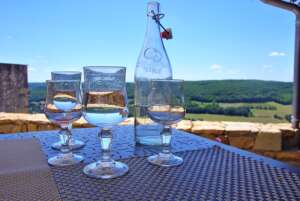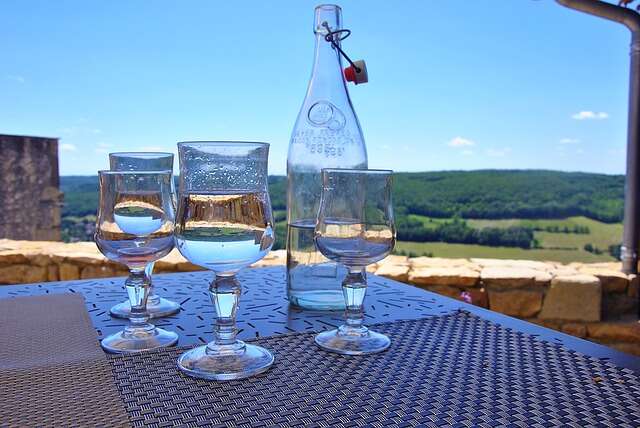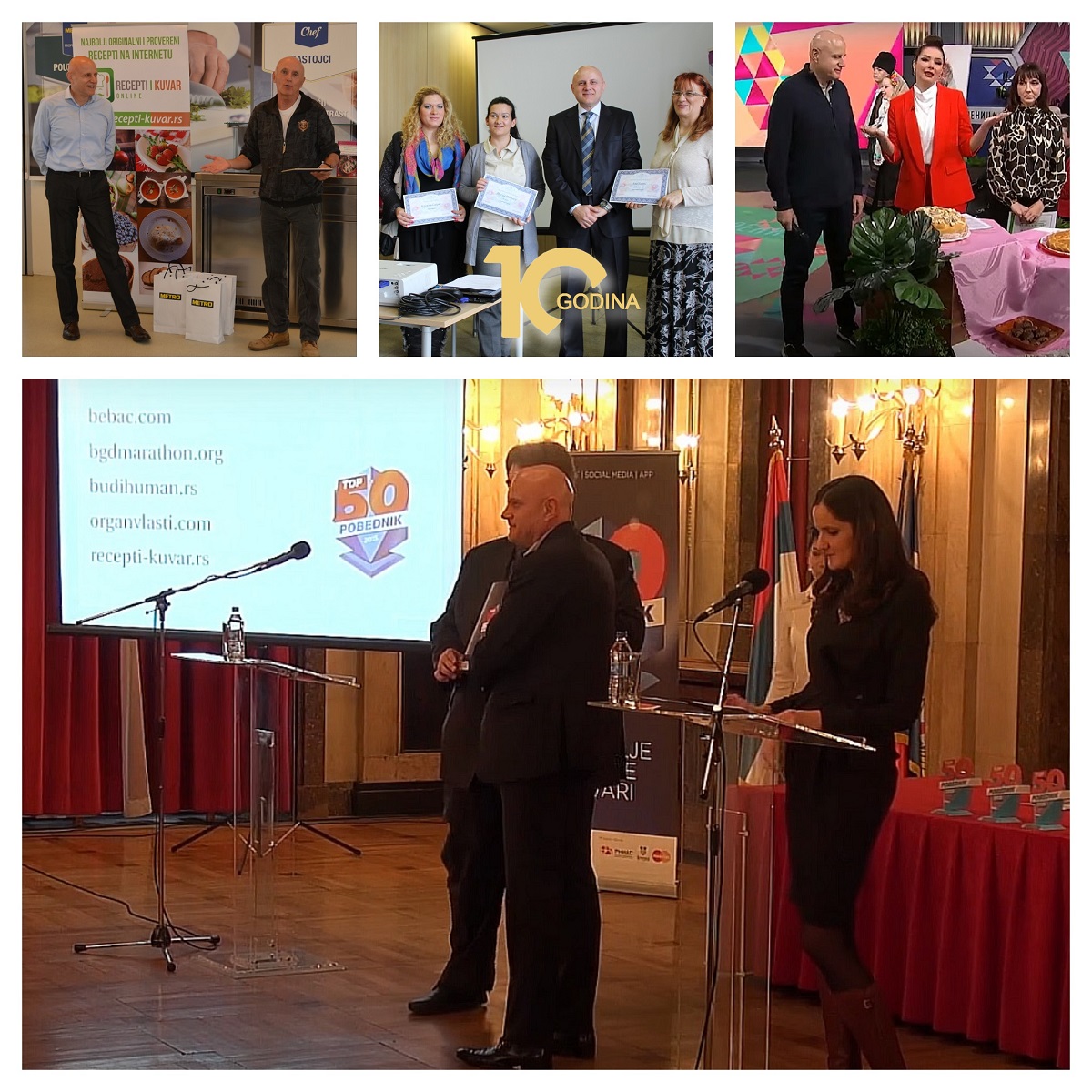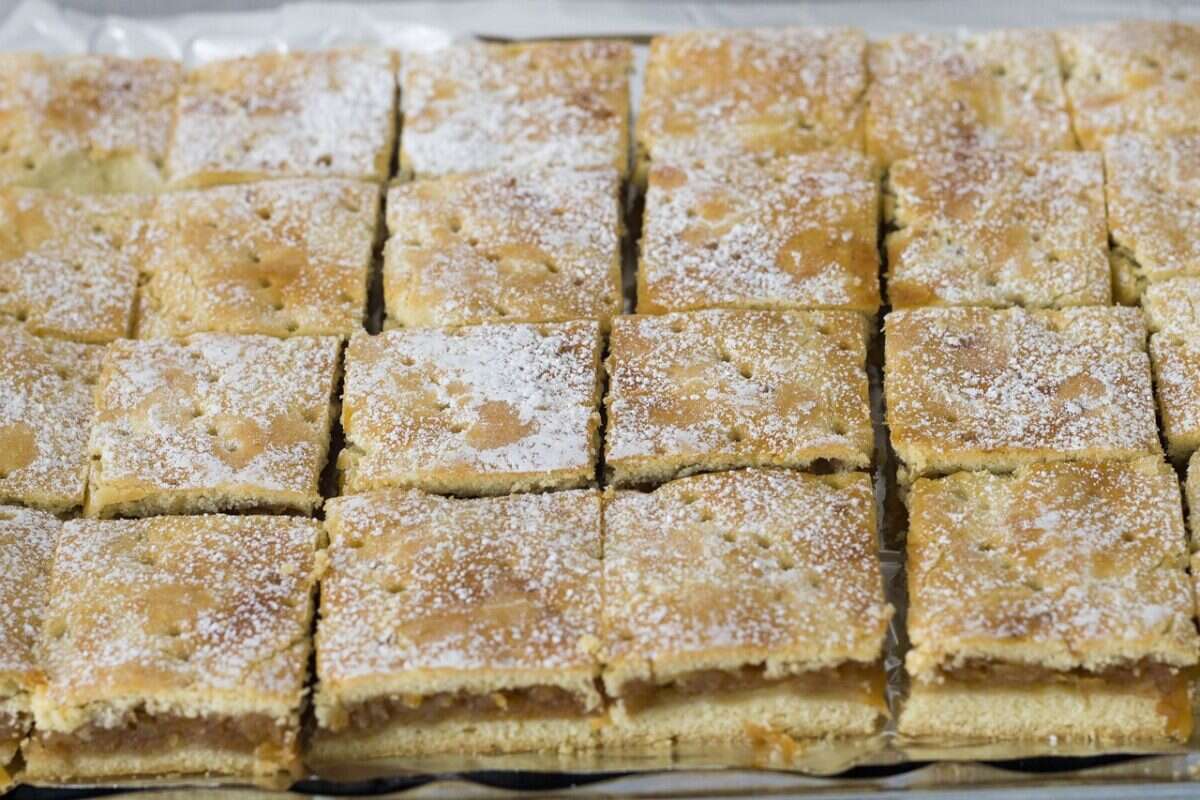Drinking water and its consumption in conditions of great heat, is of crucial importance for our health, announced the website of the City Institute for Public Health of Belgrade.
At the end of spring and during the summer, the air temperature rises, as well as the possibility of spending most of the day in outdoor activities, exposed to the direct influence of sunlight and heat.
Regular intake of liquids, primarily drinking water, throughout the day is of great importance for the good functioning of all systems in the body, cooling and preservation of health, especially in conditions of high "summer" air temperatures. A reduced amount of fluid in the body by only a few percent can lead to a certain degree of reduced hydration and the appearance of extremely unpleasant symptoms such as irritability, reduced concentration and headache, and in the elderly, to serious disorders in the work of the heart and blood vessels, i.e. the circulatory system . Such non-specific symptoms of dehydration can often be misinterpreted and associated with hunger or lack of sleep.
It is recommended that we always have sufficient quantities of drinking water at our disposal, and if we are staying for a long time outside the house, in the urban area, or in nature, it is necessary for adults to bring bottles of drinking water with them, for personal use, as well as additional quantities water if there are children.

The European Union panel published an expert opinion on the Adequate Intake (AU) of drinking water and other fluids, including fluid intake through food. Reference values, i.e. the recommended total amount of water and liquid that should be consumed during the day (24 hours), is different according to age and gender, and refers exclusively to moderate climatic conditions and a moderate level of physical activity (PAL 1.6). According to the Panel's opinion, infants up to 6 months of age should consume 100 to 190 ml of fluid per kilogram of body weight (BW) per day. Infants from 6 to 12 months of age should consume 800 to 1000 ml/day. During the second year of life, it is estimated that the intake should be 1100 to 1200 ml of liquid every day. AU values of water for boys and girls aged 2 to 3 years are estimated at 1300 ml per day; 1600 ml per day for boys and girls aged 4 to 8 years; 2100 ml/day for boys aged 9 to 13 years, or 1900 ml/day for girls of the same age. In terms of daily water intake needs, adolescents and the elderly are classified as adults. According to available data, the estimated AU value of drinking water can be defined as 2.0 l/day (up to 3.1 l/day) for women and 2.5 l/day (up to 4.0 l/day) for men. For the elderly population, the recommended AU water values are the same as for adults. For women during pregnancy, it is recommended to increase the daily intake by 300 ml in relation to women of the same age who are not pregnant, and for women during the period of lactation and breastfeeding, an increase of 700 ml/day in relation to women of the same age who are not in the period of lactation and do not they are breastfeeding.
In the categories exposed to an increased risk of dehydration, we can include children of preschool and school age, elderly people, people who train intensively, as well as able-bodied people who spend several hours during the day in extremely warm and closed rooms.
Regular daily intake of drinking water in appropriate quantities is equally important as healthy nutrition in order to maintain good health, in the early prevention of the development of diseases, as well as secondary prevention of already existing diseases.
Source: City Institute for Public Health Belgrade
Read more:
The best recipes on the Android app for your mobile phone or tablet!
The Recipes and Kuvar online portal is ranked among the TOP 50 websites in Serbia!
If you are interested in all of ours recipes, click the link: RECIPES. Collections of the best recipes of our associates can be found in the cook section, if you want to read more, click on the link: COOK. If you want to see our front page, click on the link: RECIPES AND COOK ONLINE homepage.








